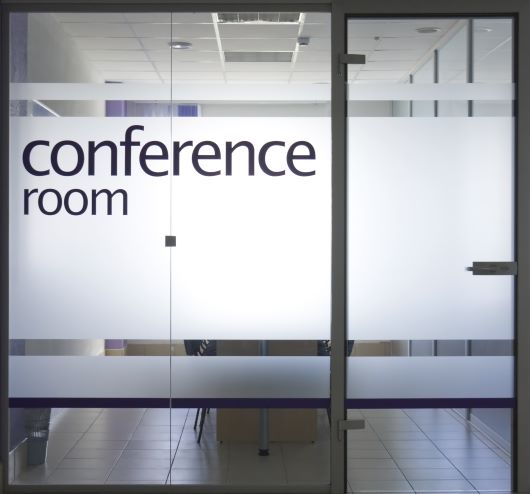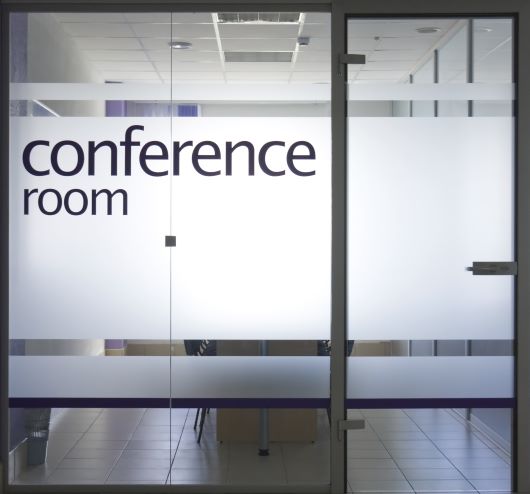Speech IntelligibilitySpeech Intelligibility is an incredibly important component to achieving successful learning outcomes in education, particularly with school age children. Classrooms with good speech intelligibility allows students to hear teachers more effectively as well as allowing the teachers to hear students and have greater awareness of what is occurring within the classroom.
Speech intelligibility is also important in non-education environments such as meeting rooms, council chambers, cafes, restaurants, presentation type spaces and locations that have announcements via speaker systems. Acoustic Compliance Australia can undertake speech intelligibility testing by conducting measurements with the STIPA test signal in accordance with the IEC 60268-16 standard. Speech intelligibility is measured by playing the STIPA test signal and measuring the quality of that signal at various positions within the space. We also assist during the design stage of a project, working with our clients to improve speech intelligibility in the final product. |
How is the speech intelligibility improved
- Lowering ambient noise levels - keeping unwanted noise out of the room.
- Correct sound level - speech must be within a correct range, not too loud or too quiet.
- Correct reverberation time - if the reverberation time is too high, the room will sound 'muddy' as the sound bounces around the room for a long time; if it is too low it will sound 'dead' as the sound is too quickly absorbed.
- Installing fit for purpose speakers or PA systems - some speakers and PA systems will have too high signal to noise ratios or inadequate frequency responses to produce high quality audio.
Speech PrivacyRooms where sensitive discussions are held require confidentiality. Whether it is a board room or meeting room next to an open plan office, or a counselling room next to a waiting area, speech privacy needs to achieve a minimum standard to allow the spaces to be fit for purpose and keep conversations private.
There are a multitude of factors that contribute to speech privacy and include the following:
|
Intelligibility for Speech
Speech Intelligibility is an incredibly important component to achieving successful learning outcomes in education, particularly with school age children. Classrooms with good speech intelligibility allows students to hear teachers more effectively as well as allowing the teachers to hear students and have greater awareness of what is occurring within the classroom.
Speech intelligibility is also important in non-education environments such as meeting rooms, council chambers, cafes, restaurants, presentation type spaces and locations that have announcements via speaker systems.
Acoustic Compliance Australia can undertake speech intelligibility testing by conducting measurements with the STIPA test signal in accordance with the IEC 60268-16 standard. Speech intelligibility is measured by playing the STIPA test signal and measuring the quality of that signal at various positions within the space.
Speech intelligibility is also important in non-education environments such as meeting rooms, council chambers, cafes, restaurants, presentation type spaces and locations that have announcements via speaker systems.
Acoustic Compliance Australia can undertake speech intelligibility testing by conducting measurements with the STIPA test signal in accordance with the IEC 60268-16 standard. Speech intelligibility is measured by playing the STIPA test signal and measuring the quality of that signal at various positions within the space.
How to Improve speech intelligibility
- Lowering ambient noise levels - keeping unwanted noise out of the room.
- Correct sound level - speech must be within a correct range, not too loud or too quiet.
- Correct reverberation time - if the reverberation time is too high, the room will sound 'muddy' as the sound bounces around the room for a long time; if it is too low it will sound 'dead' as the sound is too quickly absorbed.
- Installing fit for purpose speakers or PA systems - some speakers and PA systems will have too high signal to noise ratios or inadequate frequency responses to produce high quality audio.
Privacy For SPEECH
Rooms where sensitive discussions are held require confidentiality. Whether it is a board room or meeting room next to an open plan office, or a counselling room next to a waiting area, speech privacy needs to achieve a minimum standard to allow the spaces to be fit for purpose and keep conversations private.
There are a multitude of factors that contribute to speech privacy and include the following:
- Ambient noise levels - very low ambient noise levels enables speech to be more easily heard.
- Voice level - conference calls, yelling and presenting all have much higher voice volumes than quiet conversation. The higher the voice level, the higher other aspects of speech privacy need to be to compensate.
- Sound insulation - the amount of noise stopped by partitions, doors, ceilings, etc.






